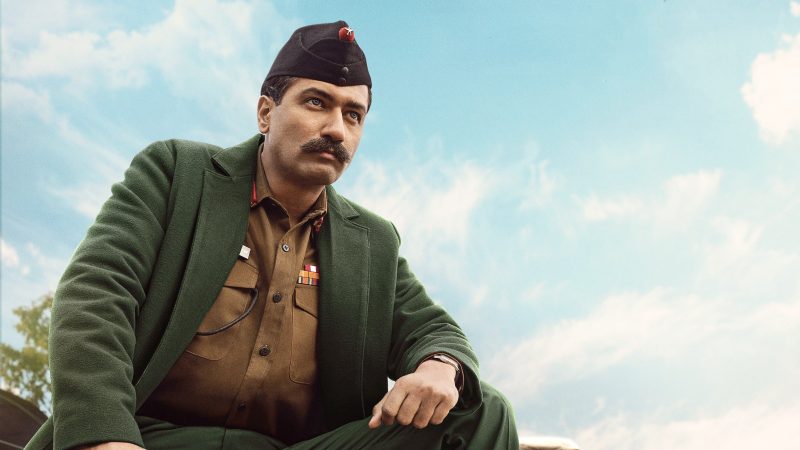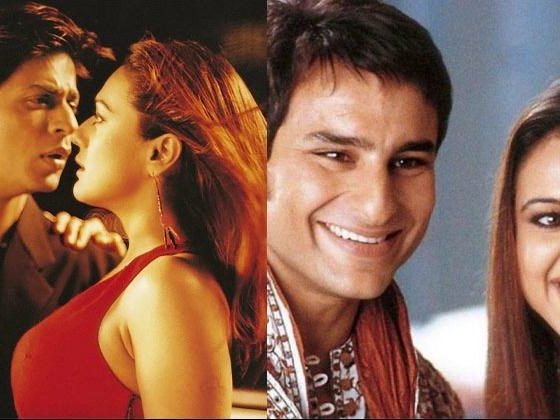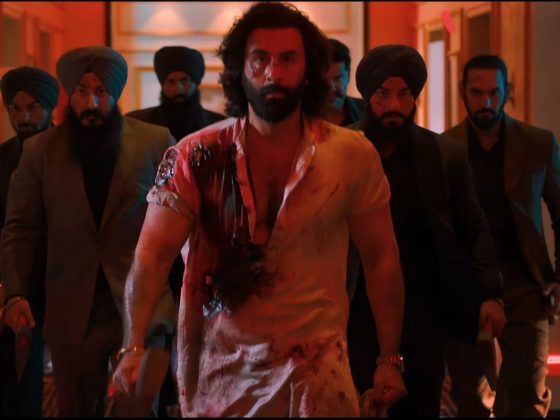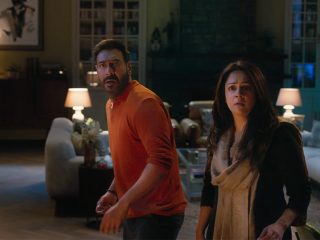There are two ways you could go while making a biopic on individuals that are as reverential as Sam Manekshaw. Either you pace your film in a Wiki-styled marathon of events while echoing the character’s journey through the defining moments of their life. Or the more unconventional yet effective way would be of informing the very psyche of the protagonist through one particularly defining incident of their life. Mainstream Bollywood hasn’t been formally accustomed to the latter, because that kind of bottom-up approach often robs the film off the mass moments.
But writer-director Meghna Gulzar’s filmography has always been a stark reminder of how the slow-burn approach can appear grandiose when they’re earned well. While Talvar painted multiple conflicting perspectives to deliberately create emotional dissonance between what one seeks and what one eventually ends up confronting, the inverted patriotic drama Raazi examined the very nature of national duty with the mentioned bottom-up approach. With her new film, Sam Bahadur, she reunited with actor Vicky Kaushal to tell another important story from our history.
We follow four decades of Sam Manekshaw’s life, as we follow him from pre-Independent India to seeing him eventually lead major wars while becoming the Field Marshal of India. But unlike the structure of Sardar Udham, where Kaushal played another patriot who defined the course of Independent India, Gulzar’s film sticks to a chronologically watered down structure to tell its story.
Kaushal plays Sam Hormusji Framji Jamshedji Manekshaw, aka Sam Manekshaw with an ineffable performative charm. It also helps suit the whimsy personality of the character better. Thus, even when the film skims past moments of his exhilarating achievements without giving them a moment to breathe, it’s his effortlessly jolly nature that keeps the film afloat. As the story unfolds in partially cooked glib of precise episodes, we actively see him grow into the mannerisms of Manekshaw rather than suddenly tossing them around. It’s the passivity of the screenplay, however, that becomes the undoing of most of the film.
It becomes almost impossible to watch Sam Bahadur without projecting the same reverence for the cast and crew behind the way the story does for its subject. Right within its first few minutes, the film makes sure just how deliberately (and sloppily) paced it would be. One moment you watch Bahadur being born, the next you see him as a young British cadet being punished for a night out. Before the inciting incident, he’s already become a platoon commander after winning an awkwardly placed boxing match. When he approaches a woman at a party, the next scene we get is of him starting a family. Not only are his army counterparts presented as blips in the life of a righteously obedient man, but the characters that should otherwise be informing his emotional journey through the decades of his life are relegated as placards. As a consequence, even the moments that are supposed to feel momentous feel like a digression. When Manekshaw gets promoted to the position of a Field marshal, the weight of emotions it’s supposed to hit you with never arrives because you never get to see the man grow as a character.
The handful of scenes that do get to exhibit the lyrical beauty of the filmmaker’s way of juxtaposing characters, albeit far too less in between, come across as thoroughly effective. Right before the night of independence, we get a poetically charged and elaborate scene where Mohd Zeeshan Ayyub’s Yahya Khan drinks his sorrows away while opening up on his feelings about the partition. The scene starkly establishes the thin line of moral differences that separate Khan from Manekshaw, but it never brims to the kind of narrative pot-boil that would help create effective conflict in the second half.
Nor does the film fully commit to the intriguing power play posed by the dynamic shared between Manekshaw and Indira Gandhi. Fatima Sana Shaikh plays the part with a stoic deadpan appeal, contrasting her approach in politics from that of her father’s – something that gets adroitly addressed in the movie.
It’s here where the film paints its modern day allegory where it’s become increasingly difficult to justify your reservations against the government while proving your loyalty to the men who guard our borders. The story of Sam Manekshaw remains important because he knew how volatile mixing politics into the prospects of the amry would be. A man who took charge of courageously leading the army was in fact one who made the choice to serve his nation despite not belonging to the majority’s religion. Unfortunately, the film too resorts to conventions of nationalistic messaging while turning his story into a footnote of loose chapters.











